一般言語学コースとは?

言語の普遍性と個別性に迫る
一般言語学コースでは、大きく二つのアプローチが可能です。一つは、特定の言語に限定せず、言語全般に共通して見られる普遍的な性質を明らかにしていきます。もう一つは、個別の言語を取り上げて、その言語の特徴を解明すると同時に、他の言語にも共通する性質を明らかにしていきます。
一見、まったく異なるアプローチに思われますが、両者は密接不可分な関係にあるのです。個別言語の研究なくして普遍的性質の解明は不可能ですし、言語全般に共通する性質への理解なくして個別言語の特徴を明らかにすることはできません。二つのアプローチをバランスよく学んでいくことができるのが本コースの特色です。
担当教員には、ヘブル語やアッカド語などセム語派の言語、コプト語を中心とするエジプト語、中国語、ドイツ語、ロシア語などの専門家に加え、日本語や韓国語の音声の専門家もいます。一般言語学コースでは、これまでに学んだことのない言語から、ことばの本質について考えることのできるさまざまな授業が提供されています。
教授[中国語学]佐々木 勲人
授業科目の一例
- 実験音声学
- 歴史言語学
- 中国語学講義
- ドイツ語学演習
- 仏語学概論
- 露語文法論
授業紹介
言語学概論はどんな授業?
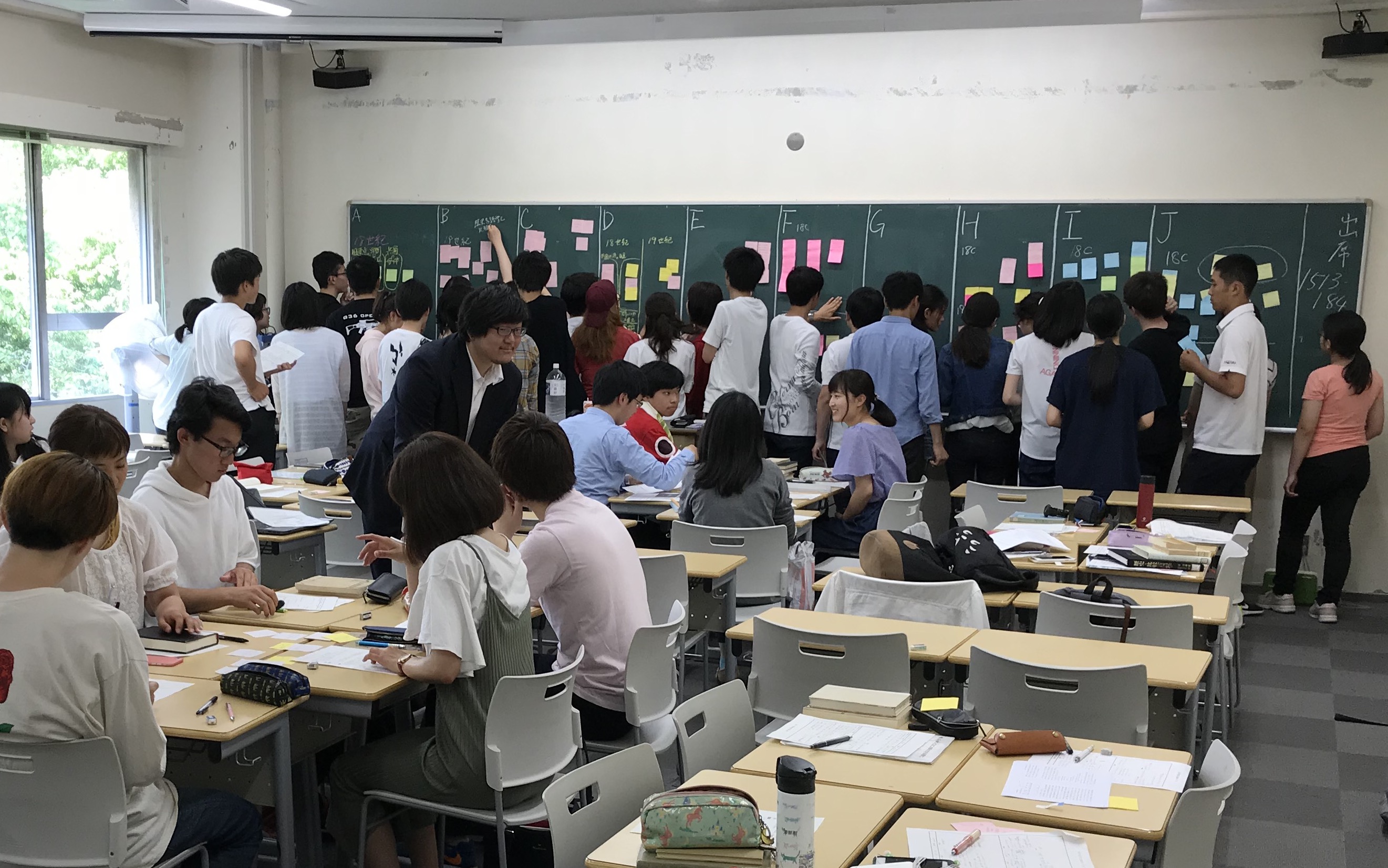
- 世界にはいくつの言語があるのか。
- それらはどれほど多様なのか。
- なぜこんなに多くの言語があるのか。
- 言語が異なっても人は分かり合えるのか。
- そもそも言語とはいったい何なのか。
言語学概論ではこうした素朴な疑問を掘り下げるとともに、どんな言語でも分析できる知識と技術を身に付けます。
先輩たちの卒業論文
- A Cross-Linguistic Study of Counterfactual Wish Expressions
- 非線状的表記の通時的研究
- インダス式印章に刻まれたインダス文字の編年研究
- ドイツ語の格体系の変化における副詞的名詞句の位置づけについて
- 日本語の漫画におけるオノマトペのドイツ語翻訳手法とその通時的変化に関する考察
- フランス語の「ユーモア」に関する言語学的研究
- 日本語と中国語における化学元素名の対象研究
- ウクライナのベッサラビア・ブルガリア人の言語・文化状況について
所属教員紹介
※表示順が職階順でないことがあります
| 教員名 | 職階 | メッセージ | |
|---|---|---|---|
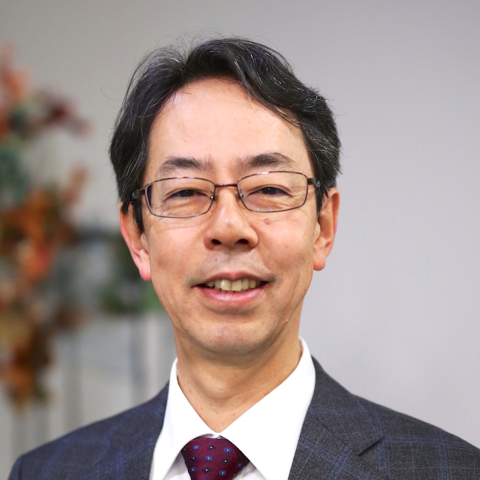
|
池田 潤 Jun Ikeda | 教授 | 一般言語学コース セム系言語の歴史研究と現地調査 |
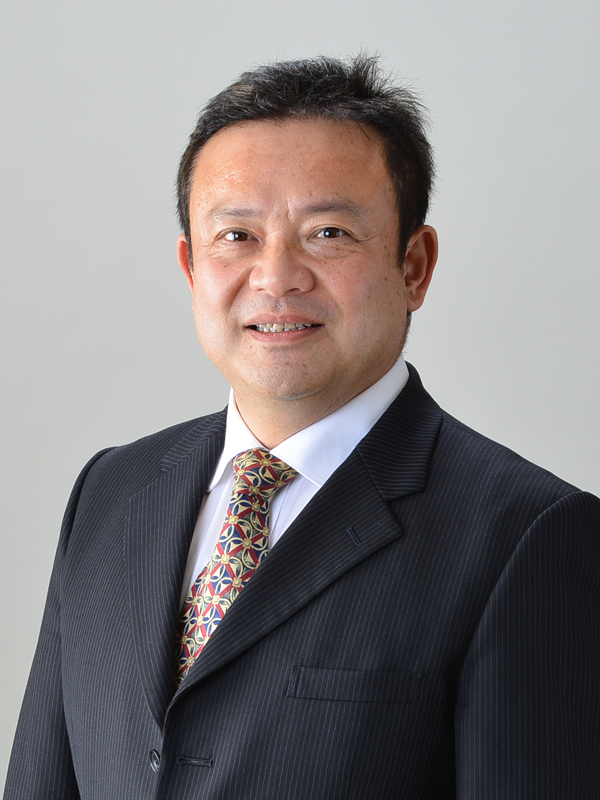
|
佐々木 勲人 Yoshihito Sasaki | 教授 | 一般言語学コース 中国語文法研究、日中対照研究 |
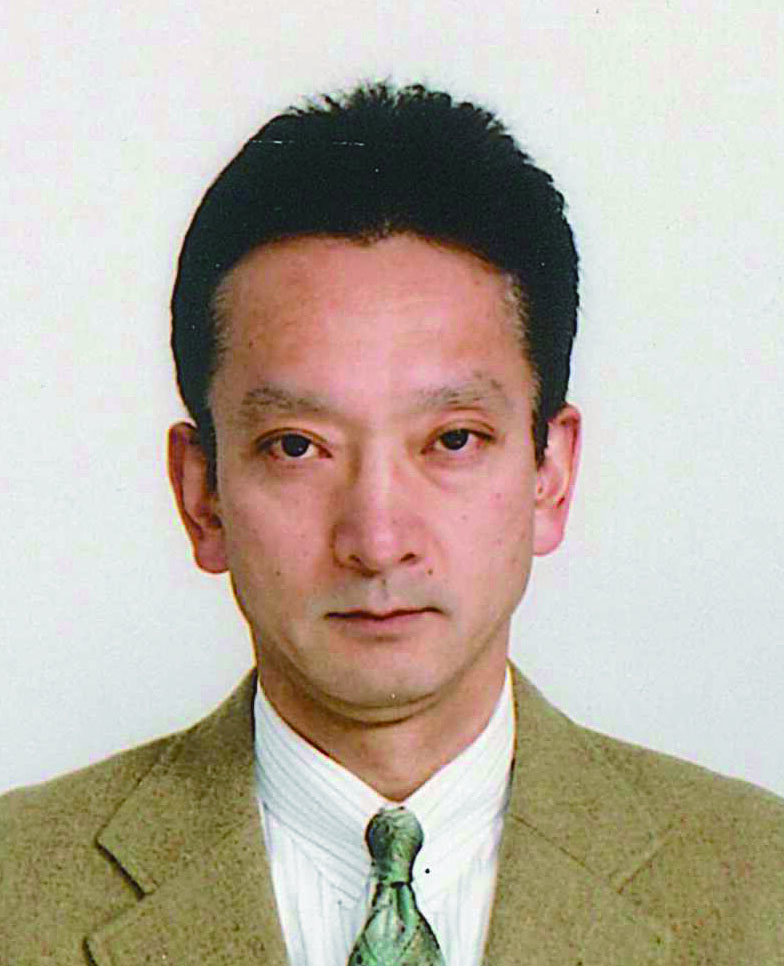
|
大矢 俊明 Toshiaki Oya | 教授 | 一般言語学コース ドイツ語・英語・日本語の対照研究 |
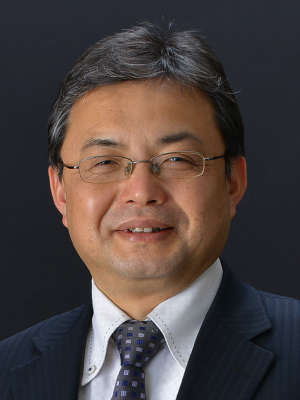
|
臼山 利信 Toshinobu Usuyama | 教授 | 一般言語学コース 露語学、言語政策論 |
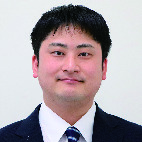
|
宮川 創 So Miyagawa | 准教授 | 一般言語学コース 古代エジプト語史・コプト語、歴史言語学、言語類型論、自然言語処理 |

|
堤 智昭 Tomoaki Tsutsumi | 助教 | 一般言語学コース |
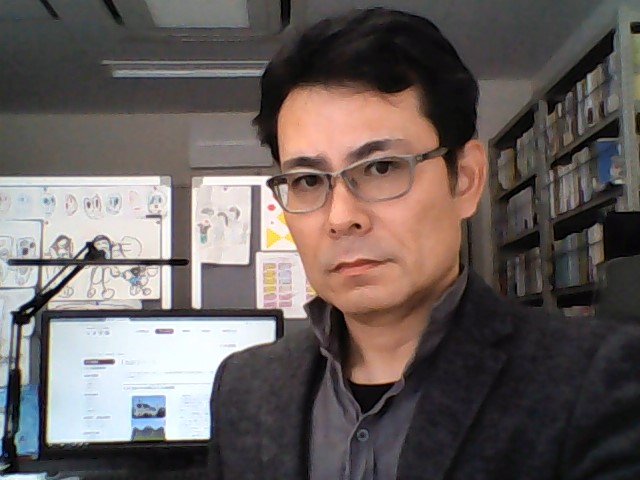
|
住大 恭康 Yasunori Sumidai | 准教授 | 一般言語学コース 現代ドイツ語の意味論・語用論 |
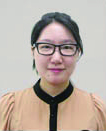
|
黄 賢暻 HYUN KYUNG HWANG | 准教授 | 一般言語学コース 音声学、日韓対照研究 |
学生の声
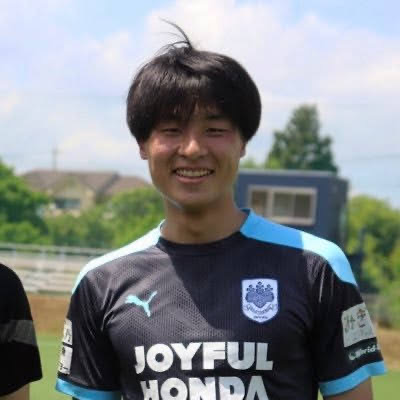
卒業生中澤 廉
”The limits of my language mean the limits of my world.” (言語の限定は、すなわち世界を限定することである。)という哲学者ヴィトゲンシュタインの言葉があるように、私たちは、言語によってようやく世界を捉え、ものを考え、思いを表現することができます。この言葉の通り、言語を探求することは私たちの世界を広げることにも繋がります。
もし言語がなければ、私たちは社会生活すら十分に営めないようなゆゆしき事態と直面するでしょう。一般言語学コースでは単なる語学ではなく言語学を学びます。両者の違いですが、ある言語の運用能力の習得を目的とする語学と異なり、言語学では言語を科学的に研究します。私は独語学を主専攻としました。背景には、私が幼少期よりサッカーを継続し、サッカー大国ドイツへの憧憬があった中で、言語を通してドイツ人のものの見方や文化などの解像度を上げたいと兼ねてからの思いがありました。
授業では、ドイツ語で書かれた論文や文学作品などを題材に、文構造の構成や文脈と発話者との間の関係性など、幅広い観点から分析を進めました。こうした学習の中で、単なる語学としてのドイツ語に留まらず、ドイツ語の構造や規則、背景にある文化、ドイツ人のものの見方や捉え方などに造詣を深めることができました。一般言語学コースを担当される先生方は言語学の各分野におけるスペシャリストです。
また、一般言語学コースでは数ある言語の中で特定の個別言語を探求することも、幅広く複数言語を学び比較や対照をすることも可能です。言語を探究し、あなたの世界を広げませんか?
About the General Linguistics Course
Approaching Humanity Through Language
It is difficult to imagine a world without language. We use language to perceive the world, to think, to express our thoughts, and to engage in social life.
Language is a crucial part of what makes humans human, yet it is often perceived simply as a means of communication. However, there are many issues to explore, such as how toddlers learn to speak, how the meaning of phonemes, written characters, and words are recognized in the brain, and how language changes over time.
The General Linguistics course is designed to explore linguistic phenomena using languages not covered in other courses and using multiple languages. The faculty specializes in such languages as Hebrew, Akkadian, Chinese, German, French, and Russian.
Students in this course can, for example, compare multiple languages to perform research that goes beyond the framework of a single language. They can also use a foreign language learned in their first year to delve further into the structure, rules, and cultural background of that language to become a specialist in languages such as Chinese, German, French, or Russian.
Historical Research and Field Studies of Semitic LanguagesJun Ikeda, Professor of
Example of Subjects
- Experimental Phonetics
- Historical Linguistics
- Chinese Grammar (Seminar)-a
- German Language (Seminar) I-a
- French Grammar and Reading A
- Seminar in Russian Language I-a
Course Introduction
What Kind of Class is Introduction to Linguistics?

How many languages are there in the world? How diverse are they? Why do so many languages exist? Can people understand each other even when using different languages? What is language in the first place? In Introduction to Linguistics, we delve into these simple questions, all while acquiring the knowledge and skills to analyze any language.
Senior Graduation Thesis
- Verifying Distributed Morphology Using Experimental Linguistic Methods
- An Analysis of Biblical Hebrew Causative Stems Using Lexical Conceptual Structure
- Word Order in Comparative Chinese Sentences
- The Continuous Aspect of Chinese Seen in Dialect Sources
- A Comparison of Direct and Indirect Speech In Newspapers Between Japanese and German
- A Study of the Conditional in Modern French
- Actual State of Use of the Russian Language in Lithuania
- A Survey on Language Awareness Among Young People in the Republic of Kazakhstan
Faculty Members
| 教員名 | 職階 | メッセージ | |
|---|---|---|---|

|
池田 潤 Jun Ikeda | 教授 | 一般言語学コース セム系言語の歴史研究と現地調査 |

|
佐々木 勲人 Yoshihito Sasaki | 教授 | 一般言語学コース 中国語文法研究、日中対照研究 |

|
大矢 俊明 Toshiaki Oya | 教授 | 一般言語学コース ドイツ語・英語・日本語の対照研究 |

|
臼山 利信 Toshinobu Usuyama | 教授 | 一般言語学コース 露語学、言語政策論 |

|
宮川 創 So Miyagawa | 准教授 | 一般言語学コース 古代エジプト語史・コプト語、歴史言語学、言語類型論、自然言語処理 |

|
堤 智昭 Tomoaki Tsutsumi | 助教 | 一般言語学コース |

|
住大 恭康 Yasunori Sumidai | 准教授 | 一般言語学コース 現代ドイツ語の意味論・語用論 |

|
黄 賢暻 HYUN KYUNG HWANG | 准教授 | 一般言語学コース 音声学、日韓対照研究 |
Student Voices
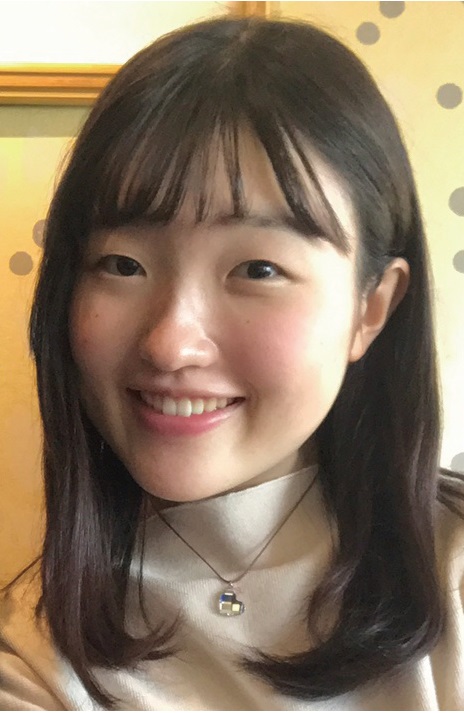
GraduateTakahide Kawabe
"How many languages have you studied, Kawabe?" "Probably about ten..."
These are the kinds of conversations you'll have when you join the General Linguistics Course. Here, you’ll encounter more languages than in any other courses in the linguistics major, even if you are unable to speak the languages. Exposure to a variety of human languages makes you aware of their diversity and similarity. That is the strength of the General Linguistics Course.
In the General Linguistics Course, students learn a variety of methods as a means of exploring linguistic phenomena. For example, there is the phonetic method, in which you record and analyze utterances; the comparative linguistic method, which reconstructs ancient language based on written materials; experimental linguistic methods that analyze brain waves to explore language cognition…different methods help you to see different aspects of language. The General Linguistics Course lets you experience the fun of slowly unraveling language, something not usually well understood, using a variety of methods.
Students within the course can also use equipment such as an electroencephalograph to devote themselves to independent research activities. The Advancing Researcher Experience (ARE) program allows students to receive a wide range of research support, including funding. Starting in my second year, I became involved in language research using brain waves and have learned firsthand just how interesting and profound this discipline is.
To sum up, the General Linguistics Course lets you study many different languages in many different ways. If you’ve ever wondered, “What is language?”, “I want to study a minor language”, or “I’d like to get to the bottom of language,” then General Linguistics is the course for you.
Now then, let's set off on a journey on the sea of language.
